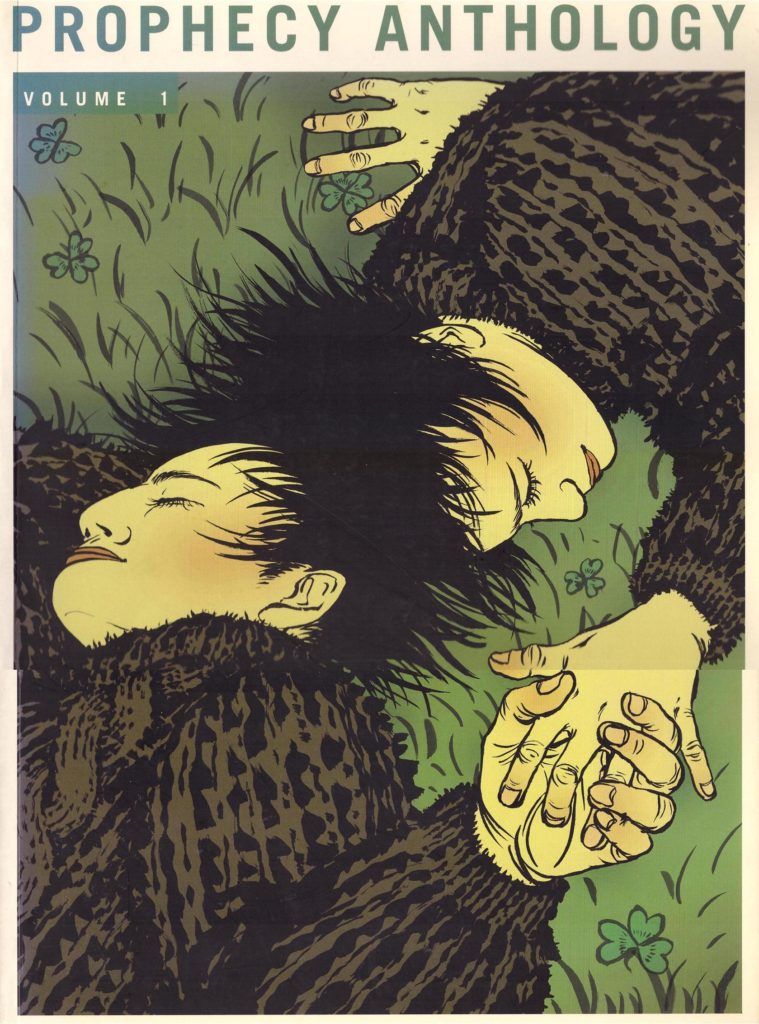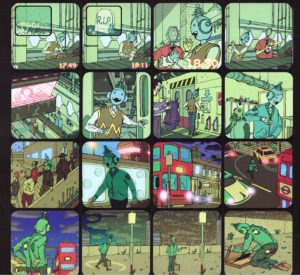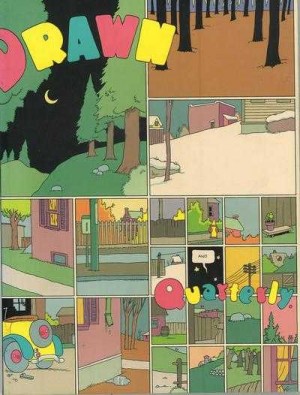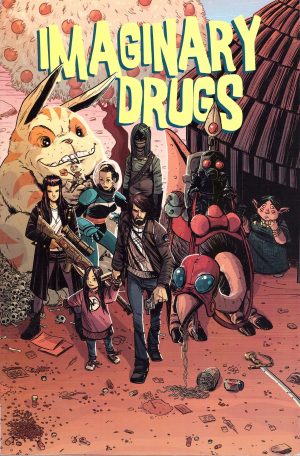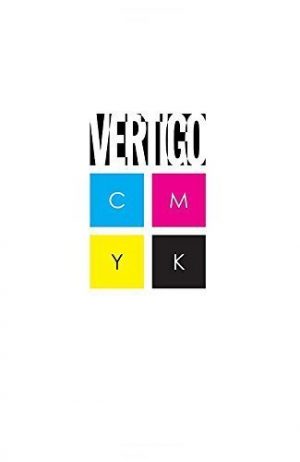Review by Frank Plowright
It came out in 2004, but try an online search for the Prophecy Anthology today and barely a mention of this toweringly ambitious project can be located, much less an Amazon listing. The initial idea was an ongoing magazine, with the early era of online communication and transfer enabling contributions to be simply solicited from around the world. That never came off, but editor Doug Miers managed to combine the received strips into 188 oversized pages.
Time provides an interesting snapshot. Dash Shaw’s closing three pages are down to his winning Prophecy’s talent contest, while Timothy Green II, Matt Kindt and Fred Van Lente were also beginning their careers. Gerry Alanguilan and Scott McCloud were long into theirs, while Bernie Mireault and Brian Sendelbach hadn’t been seen for a while. However, whatever success most other contributors have had since 2004, it hasn’t been in the world of comics, and therein lies the problem. Almost all the highlights over 188 pages are from the already established creators or those who would later carve a career. Prophecy is admirable in opening the doors to the world, but an inevitable consequence is a lot of raw talent and enthusiasm, but very few strips that are the finished article. Even that wouldn’t be a fatal flaw in a standard anthology, as new creators have to be encouraged, but people paying $30 for an oversized publication have a right to expect professional content.
Of the newcomers Sam Chivers impresses the most, and it’s not any great surprise that he’s forged a career in digital illustration. ‘Headcase’ is fourteen pages, most featuring thirty small square panels, about an unfortunate day in the life of a humanoid robot. It’s funny, touching and creative. Carlo Borromeo and Mu-Wen Pan strike the correct wistful note for an old man whose memory is fading, ‘Sketches’ has a smart idea from Alan Robinson, neatly drawn by Stephen St Laurent, and Carl Mitsch’s ‘Reverse the Curse’ is a clever game. Otherwise, for the most part the art is far better than the writing. Neil Eccles, Gabriel Guzmán, Holly Mongi, and Juan Moreno all hit the spot, while Khary Randolph has a neat digital style, but is nowhere near as good with pencils and ink.
Dheeraj Verma is unknown outside India where he works professionally, and his contribution makes its disturbing point well. Van Lente and Ryan Dunlavey include three of their Action Philosophers biographies of Bodiharma, Plato and Nietzsche, and Sendlebach some of his Planet of Beer work. Mireault’s strip about internal organs revolting is funnier than his later short strips, although all are nicely drawn.
Unfortunately, add up the page count for all the highlighted creators and it’s still not half the content. The package looks good, but fails at the first hurdle.
